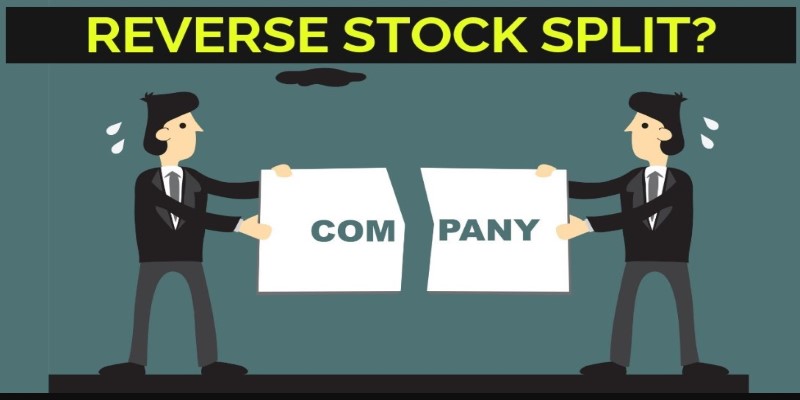The benefits of low interest rates are numerous as the borrower gets an affordable means of financing an important purchase, covering a large expense, or paying off other debts. By having low interest rates, these loans lower the total interest charges and, therefore, the overall cost of the loan, thus making the monthly installments cheaper. Still, getting a loan that will attract a low interest rate usually involves some preparation and knowledge of the criteria that are usually taken into consideration. This article will explain to you the basics of how to secure a low-interest loan. This includes tips on how to enhance your credit status, how to compare loans, and how to get the best loan rates.

A credit score is one of the key determinants of eligibility for a low-interest loan. The lenders employ your score in determining your creditworthiness, where a high score means a low risk of default. One has to make sure that they have a good credit score so as to be eligible for the best rates, as they may have to enhance it. First of all, you should review your credit report to identify any issues that may lead to a lower credit score. Contest any differences and make sure that your report contains the correct data. Also, ensuring that one pays his or her bills on time, paying off credit card balances, and not applying for credit frequently. It may be the case that it will take months or years before your credit score will be boosted, but the outcome will enable you to qualify for lower interest rates that will amount to thousands of savings.
Another factor that is important to credit seekers and lenders is known as the debt-to-income (DTI) ratio, a measurement of the proportion of your monthly obligations to your monthly earnings. This means that if your DTI ratio is low, the lenders will consider you a low-risk taker since you have lots of income to manage your debts. To increase the DTI ratio, it is better to pay off the existing liabilities, including credit cards, personal loans, or auto loans. Also, think about other means for generating more of it, like taking on an extra job or a promotion. Lowering your DTI ratio does more than increase your likelihood of getting a low-interest loan; it also prepares you for future loans, which are easier to pay back with a healthy DTI ratio.
Moreover, before going for a low-interest loan, it is wise to prepare all the necessary papers that the lending companies will ask for from the applicants. Such documents usually include the latest pay slips, income tax returns, bank statements, and a list of debts and assets. By having such documents in place, the application process will be smoother and easier for the lenders to see your preparedness. Also, the more complete and accurate information you provide, the less likely a loan will be delayed and the better the terms of the loan will be. Always make sure that all the information entered is accurate and corresponds to your current financial status. In this way, by being well-prepared, you will look like a reliable and reasonable candidate for obtaining a low-interest credit.
A good way to negotiate for a low-interest loan is to look for lenders and compare their loans and their interest rates. While applying for loans, the various lenders have their own standards to determine which loan application to approve, and this leads to differences in the interest rates and the terms of the loans. To begin with, it is necessary to compare the rates offered by the banks, credit unions, and different online platforms. It is easier to do it by utilising comparison sites to get the most suitable deals. Also, it will be useful to get pre-qualified with several lenders; this way, you will get an idea of the rates you might get without a negative impact on your credit score. In this way, you can be certain that you are going to get the most favourable loan rate among all the offered options.

Employment and income stability are particularly important to lenders when deciding whether to grant a low-interest loan to you. This is because regular work with a fixed-income provider signals to the lender that you have the capacity to pay back the loan. Normally, lenders are interested in borrowers who have been with their employer for a long time; this is because they are less likely to default. When you are the only wage earner or a freelance or contract worker, it is advisable to attach other documents like tax returns or financial statements that will depict the financial stability of the applicant. Lenders want to be sure that you are employed and that your income is steady so that you can pay back the loan in full and on time.
The quantity of the loan you apply for and the period that you propose to take to repay the loan are very important in determining the interest rate. As with most loan products, higher loan amounts may be viewed by lenders as a higher risk and therefore attract higher interest rates. On the other hand, it can be argued that it is possible to get better terms when requesting a lower amount of loan. Likewise, repayment periods are usually shorter than the loan terms, and they attract lower interest rates because the lender's risk is lower for a shorter time. However, this results in a high monthly payment.
Most of the time, low-interest loan applicants must present a good credit score. Your credit history is used to find out to what extent you have been able to handle credit in the past. Paying your credit obligations on time, using less than 30% of your available credit line, and having a good blend of credit types show creditworthiness; hence, you are a better candidate for credit. Further, if you have records of a positive credit history, a longer credit history can also improve your credit rating. In case you have some blemishes on your credit report, like payment delays or collections, it is worth it to correct them before going to a credit union.
One has to prepare himself or herself for a low-interest loan and also plan on how to secure one. You must be aware of your credit score, stable job and income, loan amount, and tenure to get better rates. Also, the comparison of different offers and negotiations with the lenders can improve the conditions of the loans. By following these steps, youll be ready to get the best low-interest loan deals and avoid spending more than needed on your credits, thus making the borrowing experience work for you instead of against you.
By Sean William/Sep 23, 2024

By Jennifer Redmond/Sep 22, 2024
By Gabrielle Bennett /Sep 23, 2024

By Pamela Andrew/Sep 16, 2024

By Elva Flynn/Sep 06, 2024

By Triston Martin/Sep 23, 2024
By Martina Wlison/Sep 19, 2024
By Elena Davis/Sep 23, 2024

By Sid Leonard/Sep 06, 2024

By Madison Evans/Sep 18, 2024

By Aldrich Acheson/Aug 25, 2024
By Mason Garvey/Sep 23, 2024